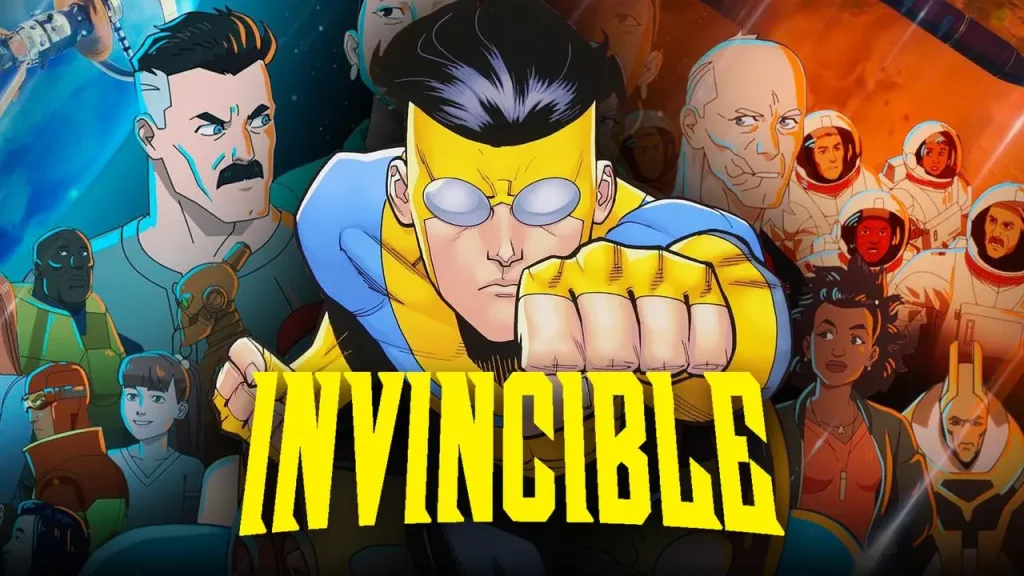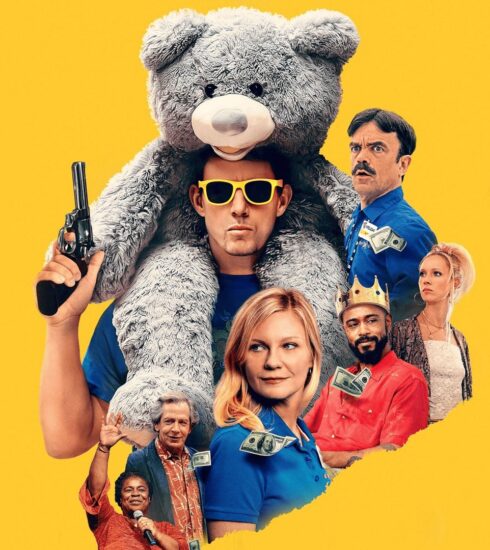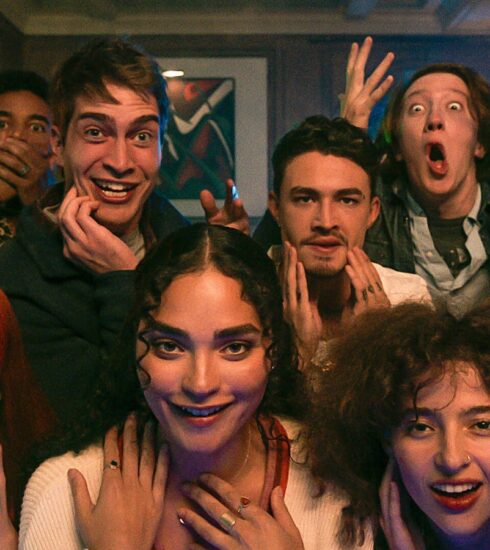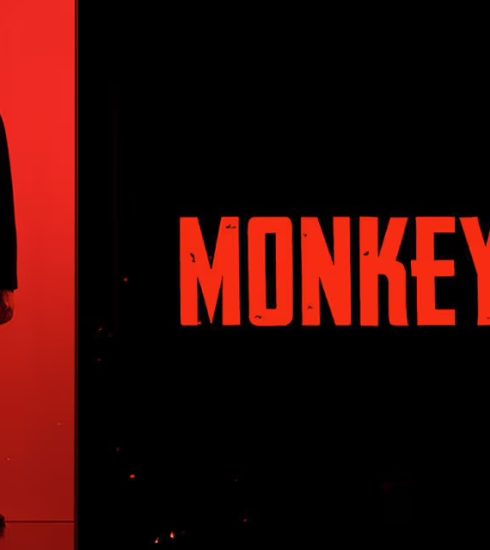Watch Of The Week: Invincible Season 2, Part 1
Invincible, the animated series adaptation of Robert Kirkman’s comic, captured the attention of an audience eager for an adult look into a familiar superhero world. The show grew in popularity quickly as it reached a broad audience, many of whom had never heard of the comic but very much knew of the tropes it was riffing on. The universe is a twisted perspective on what the DC Comics world could look like if certain canonical factors changed. Omni-Man is a nihilistic version of Superman but of a race with a view of universal domination.
As enticing as this all seems, what engaged audiences was the grounded nature of the relationships that these superheroes developed. What would a super-powered teen look like? Should your powers only be used to stop “bad guys,” or can there be a more efficient use? Each character had a unique personality and raised real-world questions about this larger-than-life universe.
Now, season two aims to take a step back from the insanity of Omni-Man’s brutal decimation of Chicago to focus on the toll the tragedy of the
Chicago massacre has taken on Mark and his mother, Deborah. Invincible season two takes significant steps forward in its storytelling but introduces an overused trope that may hinder the rawness of emotion intended to be felt in these first few episodes.
Season 2 opens up with Mark reeling from the trauma he faced in that ruthless battle with his father. Mark (Steven Yeun) had to overcome not only
the emotional devastation of learning about his father’s deception and true fascist nature but also the callous murder of thousands of people. He is left in disarray, with nothing to do but help who he can when he can.

However, the thought of turning out like his father proves to be more traumatic for Mark. Does he have the capacity to become a murderous conqueror? Is it his destiny to become his father? These questions torture Mark throughout his final days of high school. Mark’s desire to make up
for Chicago leads him back to Cecil Stedman (Walton Goggins), the head of the Global Defense Agency, as he looks to fill these overwhelming thoughts with mindless missions that he enacts without question.
The other side of this trauma lies with his mother, who was married to Nolan/ Omni-Man for 20 years, only to realise now that she was nothing more than a “pet” to him. Deborah (Sandra Oh) spirals into a depressive state, unable to find an outlet for escape. These contemplative looks into
these primary characters already make season two stand out. Invincible prides itself in its stellar animation and detailed fight sequences, but the character development was always its hidden strong suit.
This character work gets even more time in the spotlight, with four episodes showcasing the ebbs and flows of moving past such a traumatic event. For Mark, his friends and his girlfriend help him along his journey of healing, but for Deborah, her pain and loneliness only increase as Mark goes off to college.Season 2 also introduces us to a new potential rival to Invincible, Angstrom Levy (Sterling K. Brown), a multi-dimensional
traveller who sets in motion a twist in the story that sometimes feels overplayed.
If there was one thing that Season 1 lacked, it was a more contemplative look into the weight of the actions of these heroes and villains; this season attempts to remedy that with more profound questions on the toll this life might take on you. Angstrom Levy ushers in a fun wrinkle yet slightly undermines the heavy lifting this season has been doing so far. Hopefully, the show keeps the energy that part one has established.
Invincible Season 2, Part 1(can shows stop doing this two-part thing, by the way? It’s so annoying) unravels the overwhelming weight this world can have on a hero, from confronting horrifying massacres to taking on the responsibility of protecting the universe. It offers a much more
reflective look into the devastation that trauma can have on an individual. How is healing achieved in an ever-changing, cruel, and bizarre world? These questions elevate season two into a more complete story.
Although some elements recently introduced may seek to undermine some of these themes, the story offers plenty of moments and character interactions that feel rewarding after such a fast-paced and relentless first season. Part 2 should be a lot of fun.
Boluwatife Adesina is a media writer and the helmer of the Downtown Review page. He’s probably in a cinema near you.






